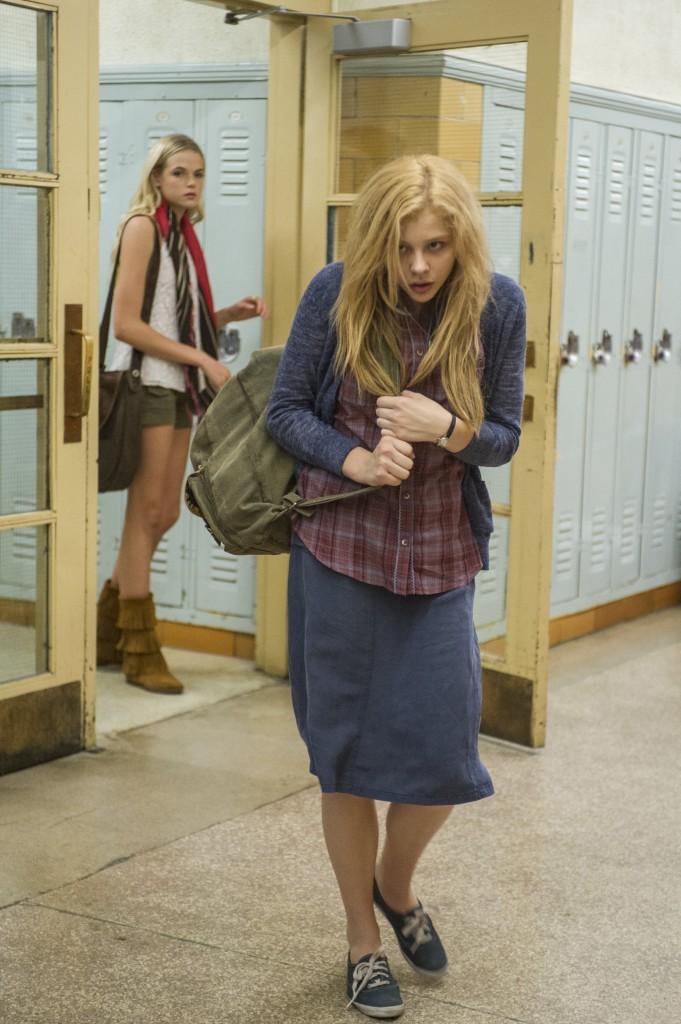Although it’s set up to be a promising remake of the 1976 classic, “Carrie” fails to match the superiority of Brian De Palma’s original, as it sinks deeper into the trap of one-dimensional character development and convenient storytelling.
The opening scene promises something much darker and deeper, as Julianne Moore gives a graphic enacting of a painful childbirth. We see a change of heart in the mother as she attempts to stab the accidental baby with a pair of scissors, only to flinch as the bloodied infant looks up at her. Instead of destroying the byproduct of her “sin,” Carrie’s mother decides to save the baby and cuts the umbilical cord. This action becomes more poignant later on in the movie as Carrie’s mother attempts to kill the revenge-hungry daughter by stabbing her with the same scissors that severed the umbilical cord.
The pains of growing up as a teenager are depicted with compassion by director Kimberly Peirce, and Chloe Grace Moretz (despite being too pretty to be considered a school-wide outcast) gives an outstanding performance as the bashful Carrie.
However, with regard to character development, the movie fails with the exception of Carrie. With Carrie, we see a gradual change in persona from a painfully self-loathing introvert to a confident teenager as she discovers her telekinetic powers — until she snaps and turns into a bloodthirsty avenger.
The screenplay fails to deliver sophisticated personas for other pivotal characters in the plot. In short, the evil characters in this movie are too evil; the good are too good. One of the tormentors, Sue Snell, has an unexplained change of heart (supposedly from guilt) and goes out of her way to make Carrie feel better, easily convincing her boyfriend to take Carrie to prom, to which he unflinchingly obliges. Then there is Chris Hargensen, the die-hard bully who suddenly snaps at the last minute and unleashes the pig blood onto Carrie, despite being reluctant for more than half of the movie. Then comes the obligatory “save-the-benign, punish-the-wicked” narrative as Carrie mercilessly slays all her tormentors but saves the ones who showed her kindness.
Such linear and one-dimensional personality and behavior decisions make the otherwise intriguing movie formulaic and mundane. Understandably, in the spirit of the original version, the movie carries strong anti-bullying messages along with themes about the pain of growing up. But high school relationships, in reality, aren’t so straightforward — and showing it otherwise makes the movie a didactic piece that fails to dig deeper into the complex psyche of the teenage mind.
Until it loses steam when leading up to the finale’s carnage, “Carrie” has plenty of potential to become an outstanding remake but fails to live up to the original adaptation. In the end, what’s left is just a massively entertaining, computer-generated massacre.
Email: [email protected]

